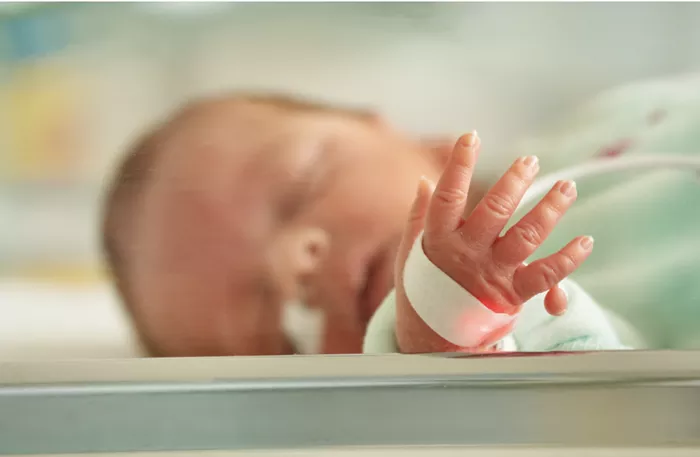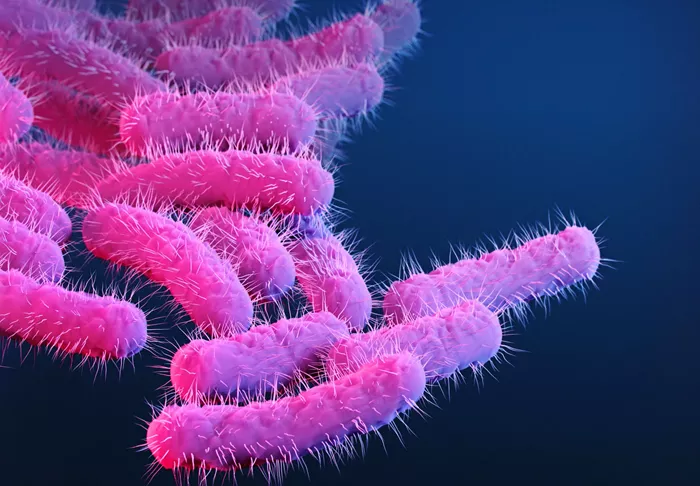HealthDay News — A recent study published online in The BMJ on July 17 has found no association between COVID-19 infection or vaccination during the first trimester of pregnancy and the occurrence of congenital anomalies. This comprehensive research offers reassurance to expectant mothers amid ongoing concerns about the impact of COVID-19 on pregnancy.
The study, led by Maria C. Magnus, Ph.D., from the Norwegian Institute of Public Health in Oslo, was a prospective cohort analysis involving 343,066 live-born singletons from Sweden, Denmark, and Norway. The research aimed to investigate the potential risk of major congenital anomalies in relation to COVID-19 infection and vaccination during the critical first trimester of pregnancy.
The researchers reported that 5.2 percent of the infants in the study were diagnosed with major congenital anomalies. When analyzing the risk associated with COVID-19 infection during the first trimester, the adjusted odds ratios (95 percent confidence intervals) ranged from 0.84 (0.51 to 1.40) for eye anomalies to 1.12 (0.68 to 1.84) for oro-facial clefts. Similarly, the risk associated with COVID-19 vaccination during the first trimester varied from 0.84 (0.31 to 2.31) for nervous system anomalies to 1.69 (0.76 to 3.78) for abdominal wall defects.
For 10 out of the 11 subgroups of anomalies studied, the estimates were below 1.04, indicating no significant increase in risk.
“We did not find any evidence of an increased risk of congenital anomalies after COVID-19 infection,” the authors noted, while also mentioning that newer variants of the virus were not included in the study. Despite this, the current knowledge suggests that the newer viral variants are becoming less harmful, further mitigating concerns.
This study provides important insights for healthcare providers and expectant mothers, suggesting that COVID-19 infection and vaccination during early pregnancy do not pose an increased risk for major congenital anomalies. As the understanding of COVID-19 continues to evolve, these findings contribute to a growing body of evidence supporting the safety of COVID-19 vaccination during pregnancy.
[inline_related_posts title=”You Might Be Interested In” title_align=”left” style=”list” number=”6″ align=”none” ids=”11092,11089,11086″ by=”categories” orderby=”rand” order=”DESC” hide_thumb=”no” thumb_right=”no” views=”no” date=”yes” grid_columns=”2″ post_type=”” tax=””]


































